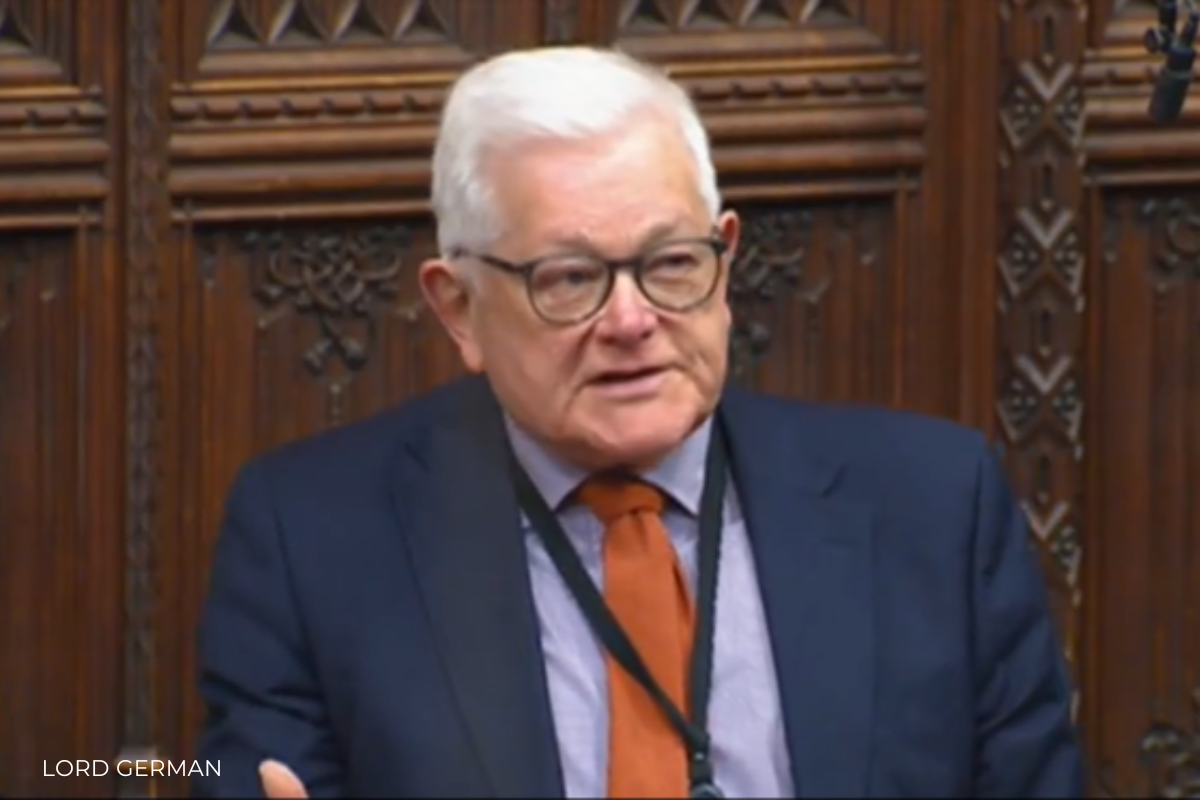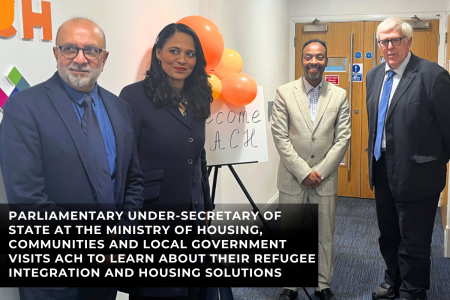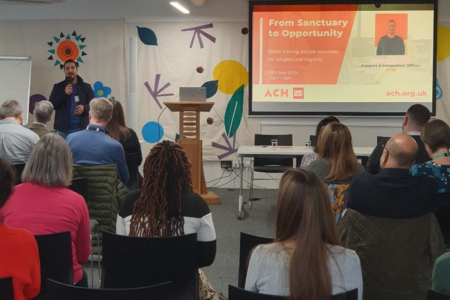
A Call for a National Refugee Integration Policy Framework
In a recent short debate at the House of Lords, Lord German shed light on a critical yet often overlooked aspect of refugee support — the current pathways for newly recognised refugees to integrate and establish themselves in the United Kingdom. His insights, further informed by an informative visit to ACH, emphasised the importance of providing comprehensive support to refugees, recognising their diverse skills and talents.
Refugees, as Lord German described, are individuals with legal rights to be in the UK, requiring our protection, regardless of their mode of arrival or country of origin. He stressed the need for collective support to ensure that all refugees receive the assistance they need to establish themselves in the UK successfully.
A key focus of Lord German's address was the crucial role refugees play in contributing to the UK's strengths. He highlighted that refugees encompass a diverse range of individuals, including professionals, academics, medics, engineers, students, men, women, children, and those with varied educational backgrounds and skills. Lord German emphasised the necessity for support programs to reflect this diversity and range of needs, enabling refugees to establish themselves and contribute meaningfully to the UK's economy and community.
He further shared concerning statistics, citing an Oxford University study from 2019, revealing that 84% of refugees reported insufficient English language ability to secure employment. Additionally, refugees in the UK are four times more likely to be unemployed than native-born individuals, despite possessing high qualifications and skills. A key mention was his recent visit to our Bristol office where he met and conversed with some of our senior managers and discovered that, on average, it takes nine months for a refugee to obtain employment after receiving refugee status, signalling a need for improved pathways to work.
From his address, his major ask of the government is clear — the need for a robust national refugee integration policy framework. This framework, negotiated in collaboration with Wales and Scotland, would hold significant power in shaping the integration landscape. He highlighted that such a policy should be designed to stand the test of time and cater to the diverse needs of refugees.
At ACH, we are dedicated to refugee empowerment and holistic integration hence, we echo this call for a comprehensive policy framework. As Lord German rightly pointed out, no one size will fit all but a non-silo policy with attached funding streams is imperative for tailored, effective support provision. And this is best delivered locally bringing together the full range of providers, business owners, local job centres, landlords, language training providers, community developers etc.


